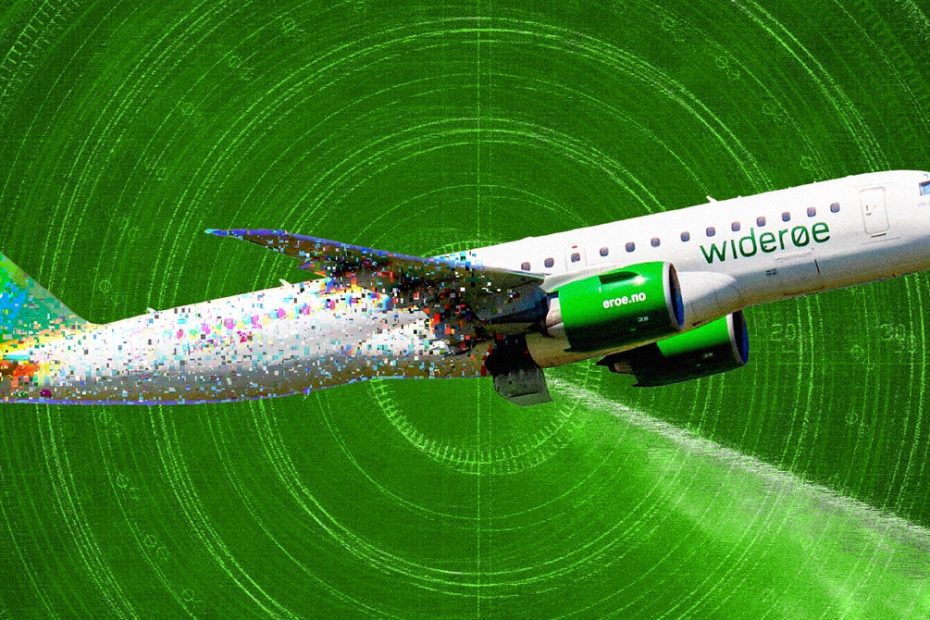From the ground, northeastern Norway resembles fjordland, dotted with neat red houses and criss-crossed by winter snowmobile rides. But for pilots flying overhead, the region has become a danger zone for GPS interference.
The disruption in the Finnmark region is so constant that Norwegian authorities decided last month that they would no longer log when and where this happens – and accepted these disruption signals as the new normal.
Nicolai Gerrard, a senior engineer at NKOM, the country's communications authority, says his organization is no longer counting the outage incidents. “Unfortunately, it has developed into an undesirable normal situation that should not exist. That's why the [Norwegian authority in charge of the airports] are not interested in constant updates on something that is happening all the time.”
Pilots, meanwhile, still have to adapt, usually when they're above 6,000 feet in the air. “We experience this almost every day,” says Odd Thomassen, captain and senior safety advisor at Norwegian airline Widerøe. He claims that jamming typically lasts between six and eight minutes at a time.
When a plane stalls, warnings flash on cockpit computers and the GPS system that warns pilots of a possible collision with terrain such as mountains stops working. Pilots can still navigate without GPS if they can communicate with nearby ground stations, Thomassen explains. But they are left with the eerie feeling of flying without the support of the latest technology. 'You actually are [going] 30 years back in time,” he says.
Since Russia's massive invasion of Ukraine in 2022, interference on Europe's eastern edges has increased dramatically, and authorities in the Baltic countries are openly blaming Russia for overloading GPS receivers with benign signals, meaning they can no longer can work. In April, a Finnair plane attempting to land in Tartu, Estonia, had to turn back 15 minutes before landing because it could not receive an accurate GPS signal.
Over the past decade, GPS systems have become so reliable that many smaller, more remote airports have come to rely entirely on them instead of maintaining more expensive equipment on the ground, says Andy Spencer, pilot and international flight operations specialist at OpsGroup. a membership organization for pilots and others in the aviation industry.

